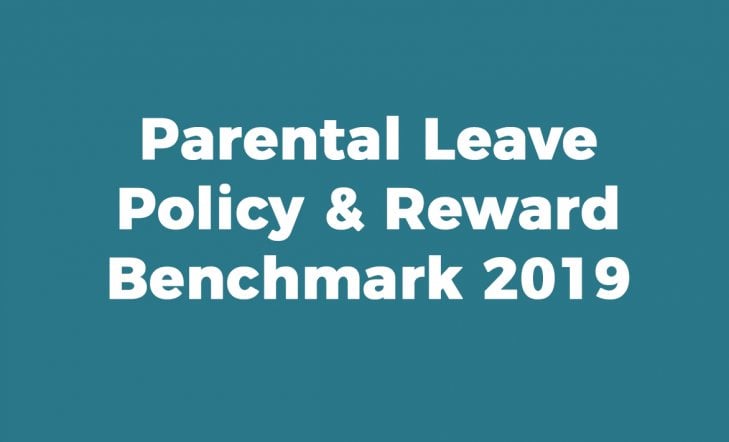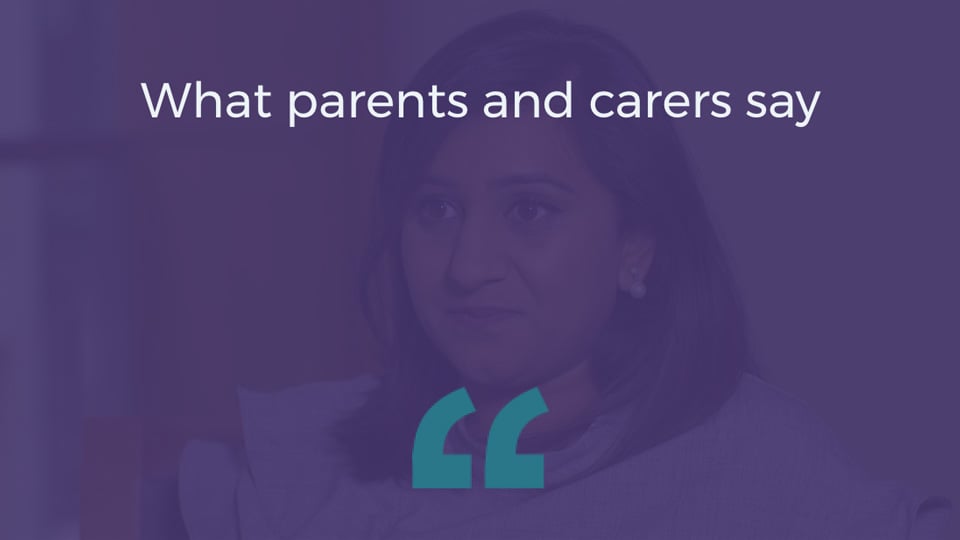Newsletter Sign Up
Regular work+family updates for
HR and diversity professionals.
My Family Care asks Azahara: Most of the time we're excited when our children make a new friend, but sometimes we feel they were better off before. Whether the new friend is overly mischievous, shows bullying tendencies or leads your child to temptation, how can you address the issue of negative friendships, without going down the Katie Hopkins route?
The big move
When I turned 11, my parents decided to move from a big city to the countryside. This was a terrifying experience for my younger brother (9) and myself, as it forced us to leave our friends behind and start anew in a small-town school where we didn't know anybody.
In the city, we were generally well behaved, but in a new location we felt alienated and were eager to blend in. It wasn't my proudest moment, but we allowed some of our new friends to negatively influence us. We bunked off lessons, gave attitude to our parents, came home after curfew and became increasingly secretive about what went on between our new pals and us. These changes in our behaviour lead to monumental family rows.
Parental intervention
Luckily for us, our parents were really good at remembering what it felt like to be our age, and understood that if we bowed to peer pressure and overstepped limits, it was because we did not yet have the confidence to confront our fear of rejection.
When they realised that we were being influenced by our new friends to do things we knew were not allowed, they sat us down and addressed us as grown-ups - we did most of the talking. They led the questioning but they didn't tell us what was right/wrong, but rather helped us reach our own conclusions. They asked why we thought we had certain rules in place, what the consequences of breaking them were, and whether or not we thought someone who pushed us to get in trouble was a good friend. Knowing they were willing to listen, despite being upset, made us feel supported and accepted, and made us question our negative friendships. They didn't have to tell us we couldn't be friends, so we often made the decision to walk away by ourselves.
Punishment that worked
Sometimes we felt attacked and refused to communicate. In retrospect, they did what they thought was best and took our mobile phones away and grounded us a lot. We hated them for it, but it gave us time to cool down and think about our actions. Spending the weekend in our room without TV or Internet, because of our 'friends', made us think twice about whether their friendship was worth the pain.
Rather than be standoffish, they were open and liked to invite our friends over for lunch, tea or even sleepovers. I think having our friends around gave them an idea of how we interacted, and being on their own turf made it easier for them to make sure limits were respected.
Having a very structured life also helped. School nights were for studying, spending time together as a family and resting. On weekends we had permission to do what we wanted - within reason - but we were expected to collaborate with housework in the morning and be home by 10. We had a sense of duty, and knew that no matter how much our friends nagged, our parents would go ballistic if we crossed certain limits.
Act quickly over bullying
Unfortunately, friendships can turn nasty. When my brother and I moved from the city to the new school, we were targeted for a while. Our parents reacted very quickly and got the school and the Parent Association involved, spoke to our year tutors and luckily things never got too out of hand.
In my experience, bullies can be manipulative and tricky to catch, so flagging the issue up early will allow teachers the time to take appropriate measures and offer the right kind of support. Schools have their own codes of conduct and must follow anti-discrimination laws to prevent all forms of discrimination, harassment and victimisation. They're there to help and have access to resources you don't.
Otherwise, the best advice I can give is be present. Your child will experience highs and lows in human interaction, but you can't spare them all of the pain. Yet, having an adult to openly talk to and who sets clear limits will be crucial for them to ultimately develop a positive self-esteem and the ability to set healthy boundaries in any kind of relationship.
Azahara Garcia












